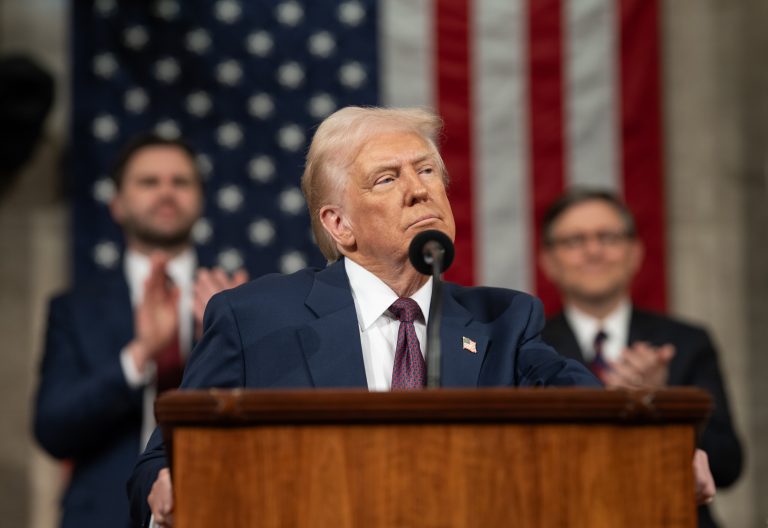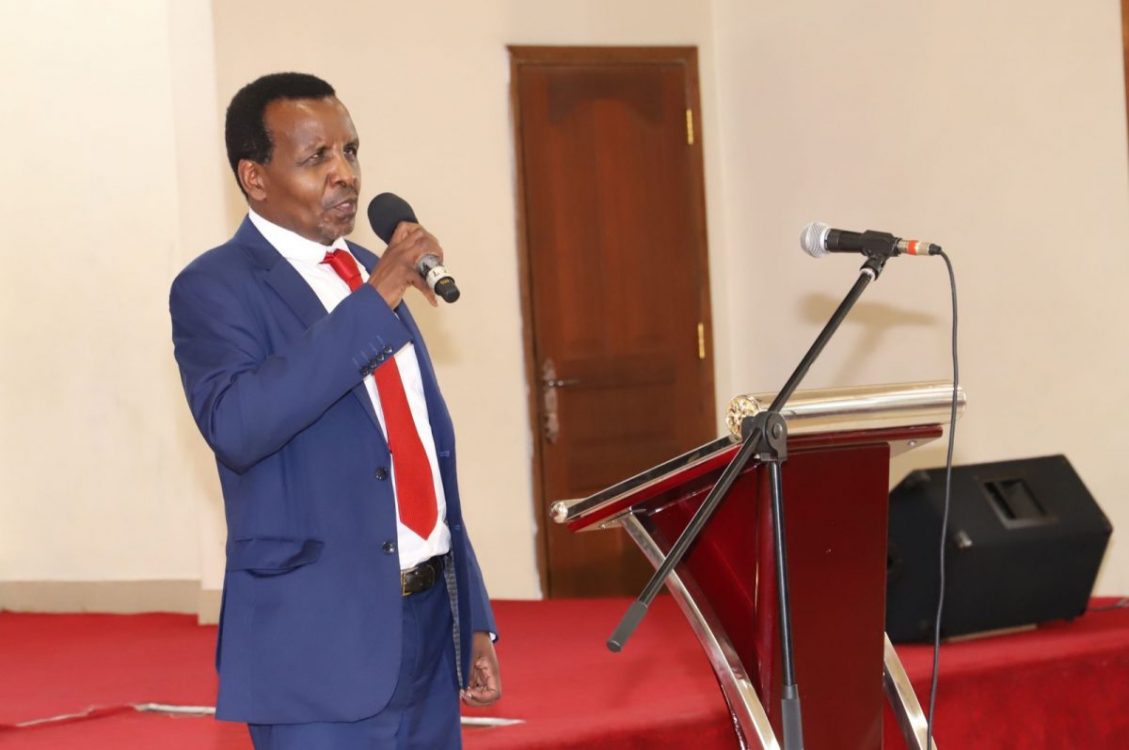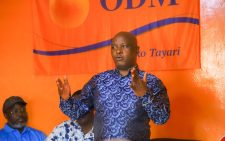Trumps seeks court intervention in bid to deport gang members

Donald Trump asked the US Supreme Court on Friday to allow his use of a 1798 law to swiftly deport alleged Venezuelan gang members as part of his administration’s hardline approach to immigration, arguing that courts must not encroach on the president’s national security authority.
The Justice Department in a filing asked the court to lift Washington-based U.S. District Judge James Boasberg‘s March 15 order calling for a temporary halt to the removals of the Venezuelans while a legal challenge to Trump’s invocation of the Alien Enemies Act to justify the deportations plays out. The 18th century law historically has been used only in wartime.
The Justice Department said in its filing on Friday that the case presents the question of who decides how to conduct sensitive national-security-related operations, the president or the judiciary. “The Constitution supplies a clear answer: the President,” the department wrote. “The republic cannot afford a different choice.”
The American Civil Liberties Union challenged Trump’s use of the act to rapidly deport alleged members of the Tren de Aragua gang to El Salvador. The ACLU argues the law denies the migrants the due process to contest the basis for their removal.
In Friday’s filing, the Justice Department said the administration designated members of the gang “through a rigorous process.”
The court asked for a response to the administration’s filing by April 1. The ACLU did not immediately respond to a request for comment.
The U.S. Court of Appeals for the District of Columbia Circuit upheld the Judge’s temporary block on Wednesday as proceedings continue in the case. The dispute has elicited Trump’s grievances toward federal courts, which have issued dozens of rulings impeding parts of Trump’s agenda since he took office on January 20.
Trump invoked the Alien Enemies Act on March 15 to swiftly deport the alleged members of the Tren de Aragua gang, attempting to speed up removals with a law best known for its use to intern Japanese, Italian and German immigrants during World War Two.
Aliens Enemies Act
A group of Venezuelan men in the custody of U.S. immigration authorities on the same day sued on behalf of themselves and others similarly situated, seeking to block the deportations. They argued, among other things, that Trump’s order exceeded his powers because the Alien Enemies Act authorizes removals only when war has been declared or the United States has been invaded.
The Alien Enemies Act authorizes the president to deport, detain or place restrictions on individuals whose primary allegiance is to a foreign power and who might pose a national security risk in wartime.
Boasberg, an appointee of Democratic President Barack Obama, temporarily blocked the deportations. But Trump’s administration allowed two planes already in the air to continue to El Salvador where American officials handed 238 Venezuelan men over to Salvadoran authorities to be placed in the Central American country’s “Terrorism Confinement Center.”
The judge also has scrutinized whether the Trump administration violated his order by failing to return the deportation flights after his order was issued. Justice Department lawyers said the flights had left U.S. airspace by the time Boasberg issued a written order and thus were not required to return. They dismissed the weight of Boasberg’s spoken order during a hearing two hours earlier calling for any planes carrying deportees to be turned around.
On March 18, Trump called for Boasberg’s impeachment by Congress – a process that could remove him from the bench – drawing a rebuke from the U.S. Chief Justice John Roberts. Trump on social media called Boasberg, who was confirmed by the U.S. Senate in 2011 in a bipartisan 96-0 vote, a “Radical Left Lunatic” and a “troublemaker and agitator.”
The D.C. Circuit upheld Boasberg’s order after holding a contentious hearing that involved heated language. Judge Patricia Millett told Justice Department lawyer Drew Ensign that “Nazis got better treatment under the Alien Enemies Act than has happened here.” Ensign responded, “We certainly dispute the Nazi analogy.”
Family members of many of the deported Venezuelan migrants deny the alleged gang ties. Lawyers for one of the deportees, a Venezuelan professional soccer player and youth coach, said U.S. officials had wrongly labelled him a gang member based on a tattoo of a crown meant to honour his favorite team, Real Madrid.











